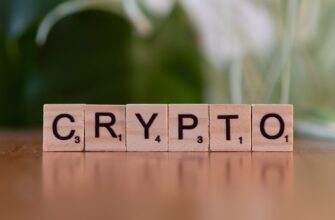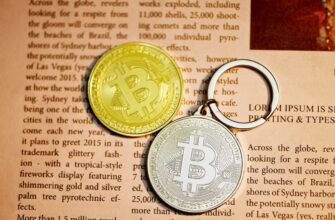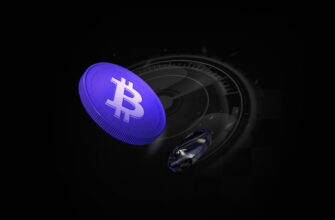The concept of a **crypto IQD**—a digital version of Iraq’s national currency, the Iraqi Dinar (IQD)—has sparked curiosity as governments and financial institutions explore blockchain-based solutions. While Iraq has not yet launched an official cryptocurrency, discussions about digitizing the IQD reflect broader trends in financial innovation. This article examines the possibilities, challenges, and implications of a crypto IQD, offering insights into how it could reshape Iraq’s economy and global crypto markets.
## What Is Crypto IQD?
Crypto IQD refers to a hypothetical or proposed digital currency pegged to the Iraqi Dinar. Unlike decentralized cryptocurrencies like Bitcoin, a crypto IQD would likely be a **central bank digital currency (CBDC)**, issued and regulated by Iraq’s Central Bank. Key features might include:
– **Stable value**: Pegged 1:1 to the physical IQD to prevent volatility.
– **Blockchain technology**: Secure, transparent transactions via distributed ledger systems.
– **Government-backed**: Legally recognized as official tender, unlike private cryptocurrencies.
This model aligns with CBDC projects in other countries, such as Saudi Arabia’s digital riyal pilot, aiming to modernize financial systems.
## Benefits of a Crypto IQD
### 1. Financial Inclusion
Over 70% of Iraq’s population lacks access to formal banking. A crypto IQD could enable smartphone-based transactions, reaching unbanked communities.
### 2. Reduced Transaction Costs
Cross-border remittances, vital for Iraq’s economy, often incur high fees. Blockchain could slash costs for the $2 billion+ annual remittance market.
### 3. Combatting Corruption
Transparent ledger systems may reduce fraud in public spending and oil revenue distribution, a chronic issue in Iraq.
### 4. Economic Stabilization
A digital IQD could help stabilize the currency, which has fluctuated due to political instability and oil dependency.
## Challenges to Adoption
### 1. Technological Infrastructure
Iraq’s internet penetration stands at just 36%, and electricity shortages could hinder digital currency reliance.
### 2. Regulatory Uncertainty
Iraq lacks clear crypto regulations, creating risks for investors and users. The Central Bank banned crypto transactions in 2022, though enforcement remains lax.
### 3. Public Trust
Decades of economic instability have eroded trust in financial institutions. Convincing citizens to adopt a government-issued digital currency may prove difficult.
### 4. Security Risks
Cybersecurity threats, such as hacking and wallet breaches, could undermine confidence in the system.
## How a Crypto IQD Could Work
If implemented, the crypto IQD might follow this framework:
1. **Issuance**: The Central Bank creates digital tokens equivalent to physical dinar reserves.
2. **Wallet Integration**: Users access funds via government-approved mobile apps or bank partnerships.
3. **Smart Contracts**: Automated agreements for salaries, subsidies, or oil revenue sharing.
4. **Cross-Border Use**: Integration with regional CBDCs for seamless trade with neighbors like Turkey or Jordan.
## The Future of Crypto IQD
Iraq’s government has shown tentative interest in digital finance, partnering with Ripple for cross-border payment solutions in 2023. However, geopolitical tensions and bureaucratic hurdles slow progress. If launched, a crypto IQD could position Iraq as a fintech leader in the Middle East, though widespread adoption may take years.
## FAQ About Crypto IQD
### Is crypto IQD a real currency?
No official crypto IQD exists yet. Discussions remain theoretical or in early exploratory phases.
### How can I invest in crypto IQD?
Until Iraq’s government announces a CBDC, any “IQD cryptocurrency” marketed online is likely a scam. Avoid unregulated platforms.
### Will crypto IQD replace cash?
If introduced, it would likely coexist with physical dinar notes, similar to China’s digital yuan rollout.
### How does crypto IQD differ from Bitcoin?
Unlike Bitcoin’s decentralized model, a crypto IQD would be centralized, regulated, and pegged to a fiat currency.
### Could crypto IQD stabilize Iraq’s economy?
Potentially, by improving fiscal transparency and reducing reliance on cash. However, structural reforms would still be needed to address inflation and corruption.
—
While the crypto IQD remains speculative, its potential to transform Iraq’s economy is significant. Success would depend on technological investment, regulatory clarity, and public buy-in—a complex but not impossible path in the evolving digital currency landscape.








